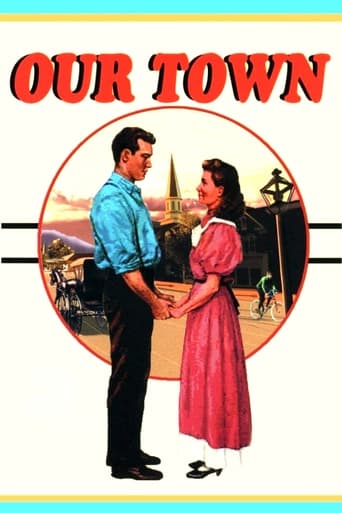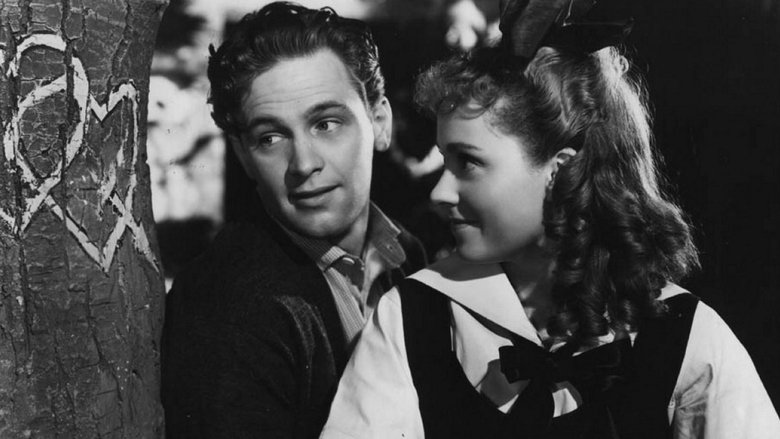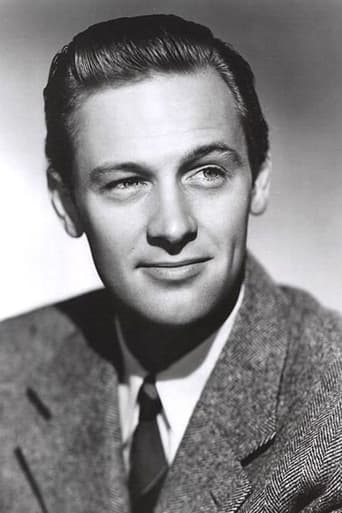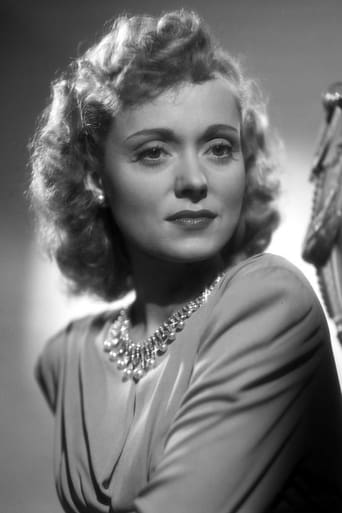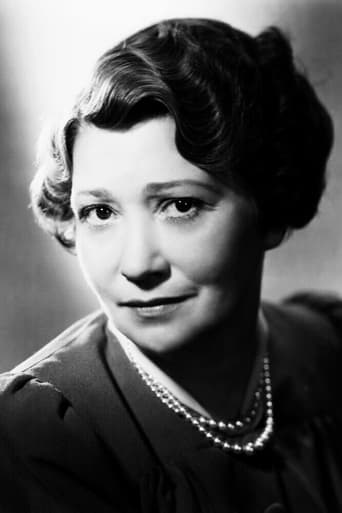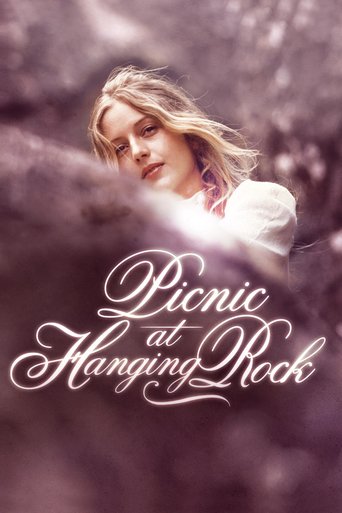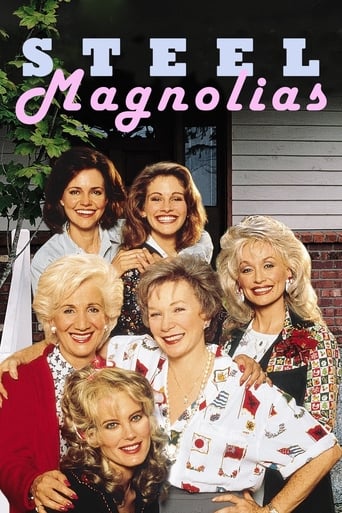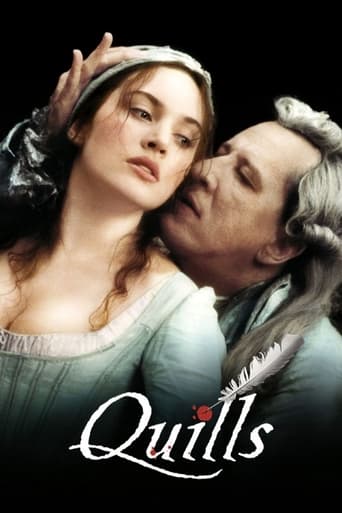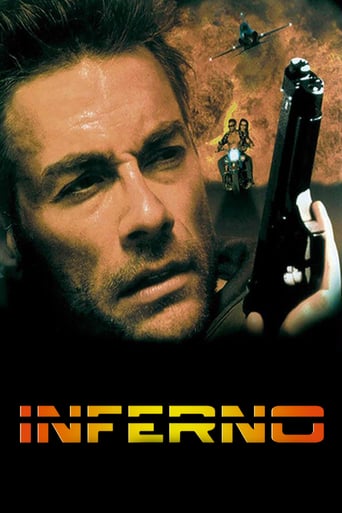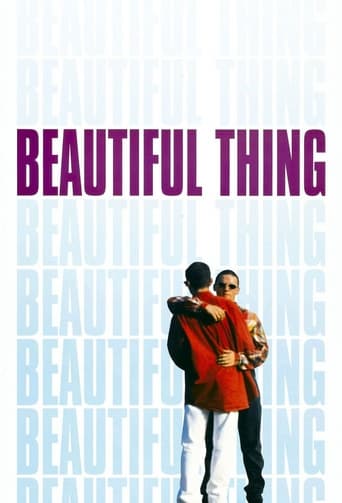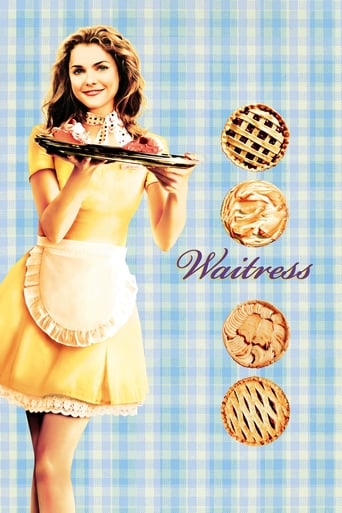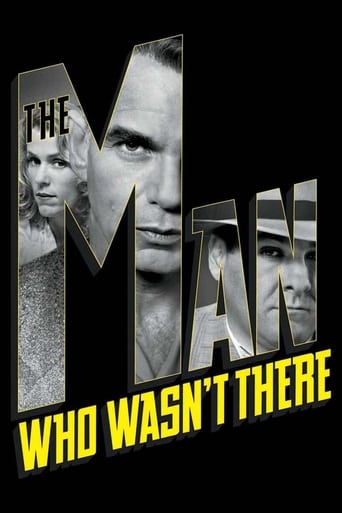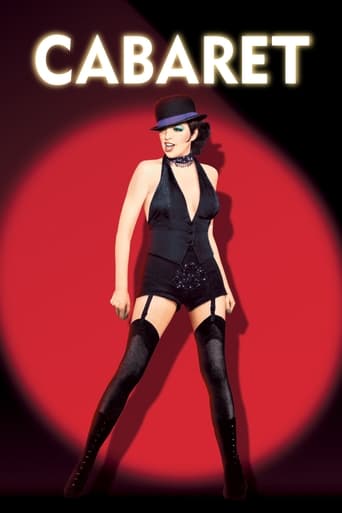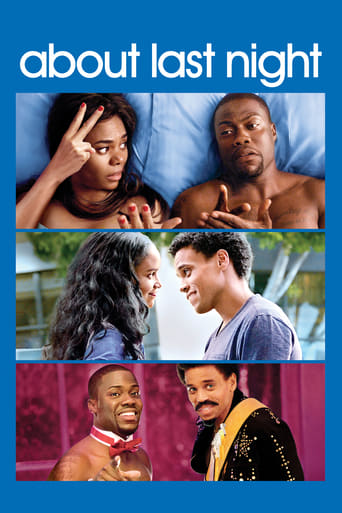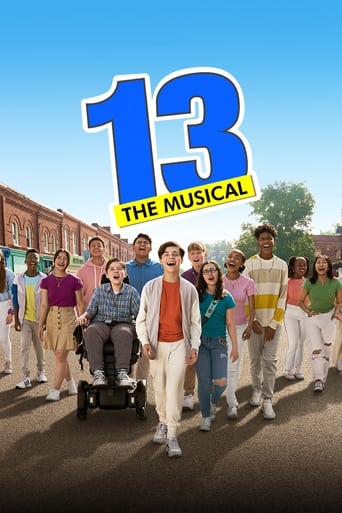Our Town (1940)
Change comes slowly to a small New Hampshire town in the early 20th century. We see birth, life and death in this small community.
Watch Trailer
Free Trial Channels
Cast


Similar titles
Reviews
Who payed the critics
This is one of the few movies I've ever seen where the whole audience broke into spontaneous, loud applause a third of the way in.
Amazing worth wacthing. So good. Biased but well made with many good points.
This is one of the best movies I’ve seen in a very long time. You have to go and see this on the big screen.
I read and enjoyed the play Our Town when I was in my teens and later I was lucky enough to see Alan Alda play the Stage Manager in London. I saw it twice, in fact. Until now I have never seen the film adaptation and on the plus side we get Frank Craven reprising the role of his life on screen but against that we also get to see a tangible town which is, of course, the ultimate irony. On stage Wilder was asking audiences to use their imagination and Frank Craven conjured up the town with just a sawhorse and a pair of stepladders. The thing is you can do that in a theatre but by definition film demands concrete images so that at one fell swoop half the magic is dissipated. There are, however, compensations by which I mean the cast and Wilder's deceptively simple poetic writing. Although I could have used a better print I will cherish the one I have.
Grovers Corners, New Hampshire is a small town. The stage manager describes the town and the story of the everyday people. There's a stage manager because this is from the Thornton Wilder play. It maintains its playlike narrative. It starts in 1901 and it's a bucolic scene. It's very much a Norman Rockwell existence. George and Emily are neighbors who finds each other endearing. Then she gets married, has kids, lives and dies.The movie delivers life that is very ordinary and very idealized. That's kind of the point. The point is to see a simple life although it does get very slow at times. The big thing is the third act. In the play, she dies and the audience learns to live everyday to the fullest. It's poignancy is somewhat lost by the fact that Emily has to come back to life in the movie. I've never found "It's all a dream" ever a good idea in a story. This one really strips some of the power from the ending. I wonder if she truly lives everyday to the fullest after the dream. It would be better if the movie tries to center on that point rather than forcing a happy ending.
Tears kept coming to my eyes as I watched this. I know everybody in this play. I see myself in several of them. A Southerner all my life, and born a good half century after this story is set, yet Grovers Corners could be my home. I know I went to school with George Gibbs and Emily Webb. Dr. Gibbs treated me when I got the measles at the age of six. Editor Webb attended the church where my earliest religious memories took place. And there is Simon Stimson, the town drunk, only none of us would ever have been so rude as to call him that; no one despised him, we all wished there were something we could do to help.What makes this story so profound and earth-shattering is how incredibly ordinary it is. We know these people instinctively, because we all are related. "In the final analysis," President Kennedy said in his American University speech in 1963, "we are all mortal. We all breathe the same air, drink the same water; we all cherish the future of our children..."This production is as self-consciously a movie as the play is self- consciously a play. And it hits home over and over. The title is perfect: "Our Town". It is our town. It is our story.
Perhaps the movie going public wasn't ready for Our Town as its author Thornton Wilder envisioned it. If so, another screen version was just the ticket with Paul Newman now presenting in the role of Stage Manager that Frank Craven created.Frank Craven, Martha Scott, and Doro Merande recreated their stage roles when independent producer Sol Lesser bought the rights to Our Town and filmed it independently for United Artists. The play takes one back to the turn of the last century to Calvin Coolidge rural New England as seen through the eyes of the town druggist who doubles as Stage manager. As he so eloquently puts it nothing much changes in this town, the new immigrants who work in the mill are pretty separate from the Yankee pioneer stock who we look at. Going through the graveyard you see the tombstone names are the same from generation to generation. We're primarily concerned with the Gibbs and Webb families and the budding romance between George Gibbs and Emily Webb. Martha who made her Broadway debut as Emily makes her screen debut also. The fast rising William Holden plays the nice kid George Gibbs and was good in it. So good in fact that he fought that kind of type casting for years until Sunset Boulevard.Unfortunately in this version the ending was radically changed and really did cheapen the production. Thornton Wilder's message about the quiet moments of life holding the most dear memories does not quite come across.One thing that wasn't in Our Town as Wilder wrote it was the explicit gayness of the choirmaster Stinson as played by Philip Wood. It's almost axiomatic that the music in just about any church, organist or choirmaster is usually a gay man. Stinson is gay, no question about it and as the stage manager says, some are not cut out for small town life. It's why he drinks and why he hangs himself, there aren't any kindred spirits for him in tiny Grover's Corners, New Hampshire. Stinson would have appreciated Tobias Wolff's This Boy's Life, he would have known exactly what Jonah Blechman was going through there.If Wilder were writing it post Stonewall, Our Town would have been more explicit on that point. And maybe it will be in future interpretations.

